Earlier this week, I learned a mind-opening truth about organic products and whether or not pesticides cause damage to our health.
First of all, let me just start by saying that what I'm about to share with you may open up a can of worms for some of you, as you may already have strong opinions and have made up your minds in regards to this matter. However, I feel it is important for me to share the most recent data and findings.
As I'm sure you're aware, there are many, no. an endless number of websites, blogs, and other informational sources out there presenting the case of how detrimental pesticides are to our health and how we MUST purchase organic foods. I've read many of them, and I will say that the information that is out there really persuaded me into purchasing ONLY organic produce.
However, what we (although I'm not quite there yet), the RDs, strongly believe and focus on is helping people make informed decisions. There are so many websites out there that deal with nutrition, and it seems as though everyone's an expert. Now, this is not a competition, but I will say that you really need to pay close attention to your sources so that you can make informed decisions.
Here's a list (not exhaustive) of websites we've been taught to never use as sources for our research papers and class assignments as there is very limited sound scientific evidence behind their information:
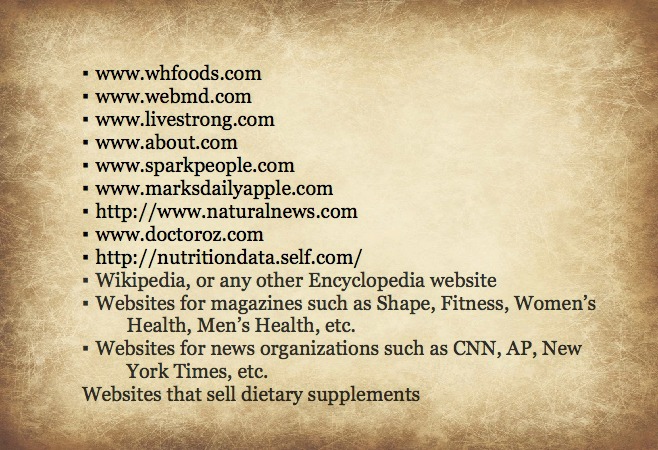
Do you refer to any of these sources to guide you in your decision-making when it comes to diet and health? Umm..Dr. Oz, anyone? I personally rely a lot on livestrong.com so this was a shocker.
So...you've heard how pesticides can cause all sorts of harmful effects on your body. Many studies are quoted as supporting-evidence. However, oftentimes the facts are blown way out of proportion or it may be that there were flaws in the study design when you take a closer look. That's another major fact that we learn in school: not all research designs are created equal.
Here's what we know is true. First of all, who regulates pesticides? It's a combination of three agencies, the EPA, FDA, and USDA. The USDA Pesticide Data Program's (PDP) main purpose is to measure the pesticide residue levels in food. Every year, hundreds of pesticides and their metabolites in produce, grains, meat, and dairy products are measured across the country with samples from over 100 different commodities for over 500 different pesticides.
Now this is a really lengthy and overwhelming website, but I encourage you to take a look. If you scroll down to Appendix B, towards the very end, it lists all the fruits and vegetables, the number of samples, % of samples with pesticide residues, range of values detected, and EPA tolerance levels (maximum residue limits set by the EPA that ensure safety) for all the different pesticides used. You can see that residues were not even detected in most of the produce. And we're talking out of hundreds of samples here. And if the residue numbers are high, such as in cilantro and bell peppers, their values still don't even come close to the EPA tolerance level.
So then, what about washing? Does it eliminate these pesticide residues? As you know, supermarkets do not wash the produce before putting it out. However, we've all been attacked by the spraying mist that never fails to go off when you're trying to reach in. Well, they're not there just to spray you unexpectantly. In fact, it's been found that 99% of the residues are washed off at the packaging house by the food processor - for instance, 83% of the residues found on fresh apples were removed during processing into applesauce and 98% of residues from oranges processed to orange juice were removed. (source).
Still concerned? Ok. Then here's the deal. There are so many organic labels out there, wouldn't you agree?

However, the only label that is of any value is this one...
 So what are your thoughts? I know this is a lot to chew on, but I will say again that I was very surprised by these facts. Our professor concluded by saying that if you're purchasing organic foods purely because of the possible health risks, you shouldn't be overly concerned. No need to pay double the price of conventional ones. However, for infants and toddlers, it's recommended to feed them organic products as their immune systems are not fully developed at that stage. Now if your concern is more due to the environmental issues, then that's a whole other issue. Also, nutritionally, there's absolutely no difference!
So what are your thoughts? I know this is a lot to chew on, but I will say again that I was very surprised by these facts. Our professor concluded by saying that if you're purchasing organic foods purely because of the possible health risks, you shouldn't be overly concerned. No need to pay double the price of conventional ones. However, for infants and toddlers, it's recommended to feed them organic products as their immune systems are not fully developed at that stage. Now if your concern is more due to the environmental issues, then that's a whole other issue. Also, nutritionally, there's absolutely no difference!
The choice is up to you, of course. But let me leave you with these two lists:
So to answer the question - organic food, yay or nay?
For me, if money wasn't an issue, I would still continue to get organic foods. Even though research shows that the amount of pesticides is not even close to the harmful range, I am an extremely paranoid person as well as a purist. I don't want anything that's unnatural. Having said that, there are also contaminants in organic foods left behind from dirt, insects, food handling, transportation, etc. So remember to wash, wash, wash.
However, as Tim and I are really tightening our wallets, I'm no longer going to be organic obsessed..this only means that I'll be moving onto something else to be obsessed about. 😉
When it comes down to it, conventional or organic, the most important takeaway is to consume more fruits and veggies. Don't sweat it if you can't purchase organic foods all the time, and please please don't let that deter you from consuming these phytonutrients!
Questions:
- Did any of this information surprise you?
- Organic food, yay or nay?

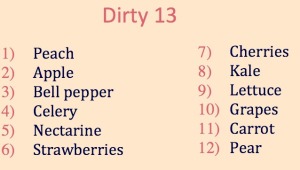
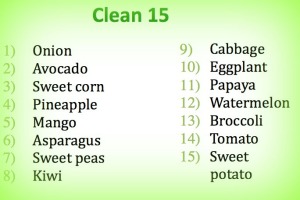
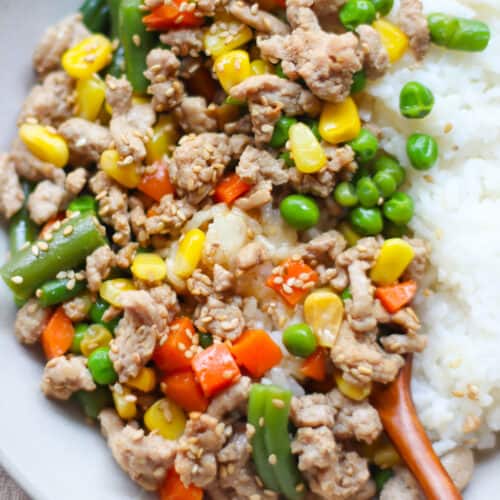
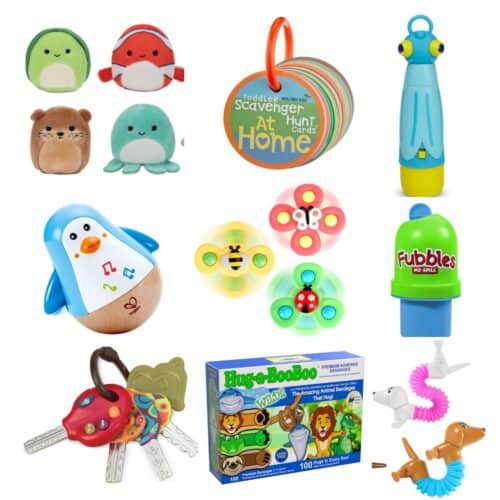

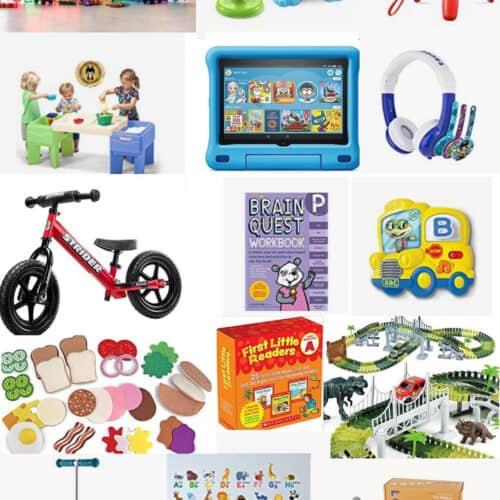

smes9 says
People sometimes ask me why I'm washing veg or fruit and I'm like 'You don't wash yours'? I would never eat something not washed, good training from my mum! If I could eat all organic I would but as you say it can get expensive.
ko0ty says
Wow this information was definitely shocking. Saving this entry for reference for later!!
I was never anal about buying organic though.. there are some produce I do prefer to buy organic but if I can't find it and I really want/need it, I'll just get the non-organic counterpart.